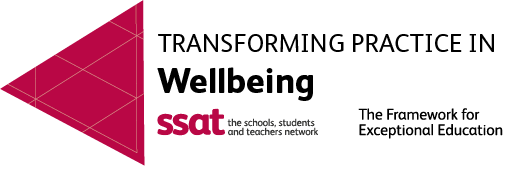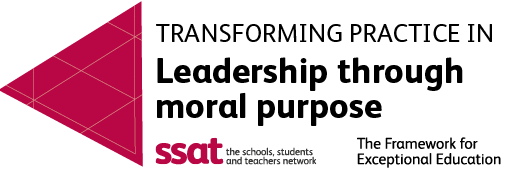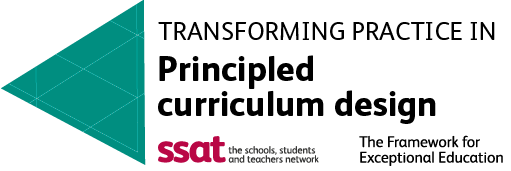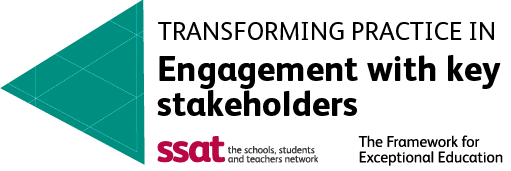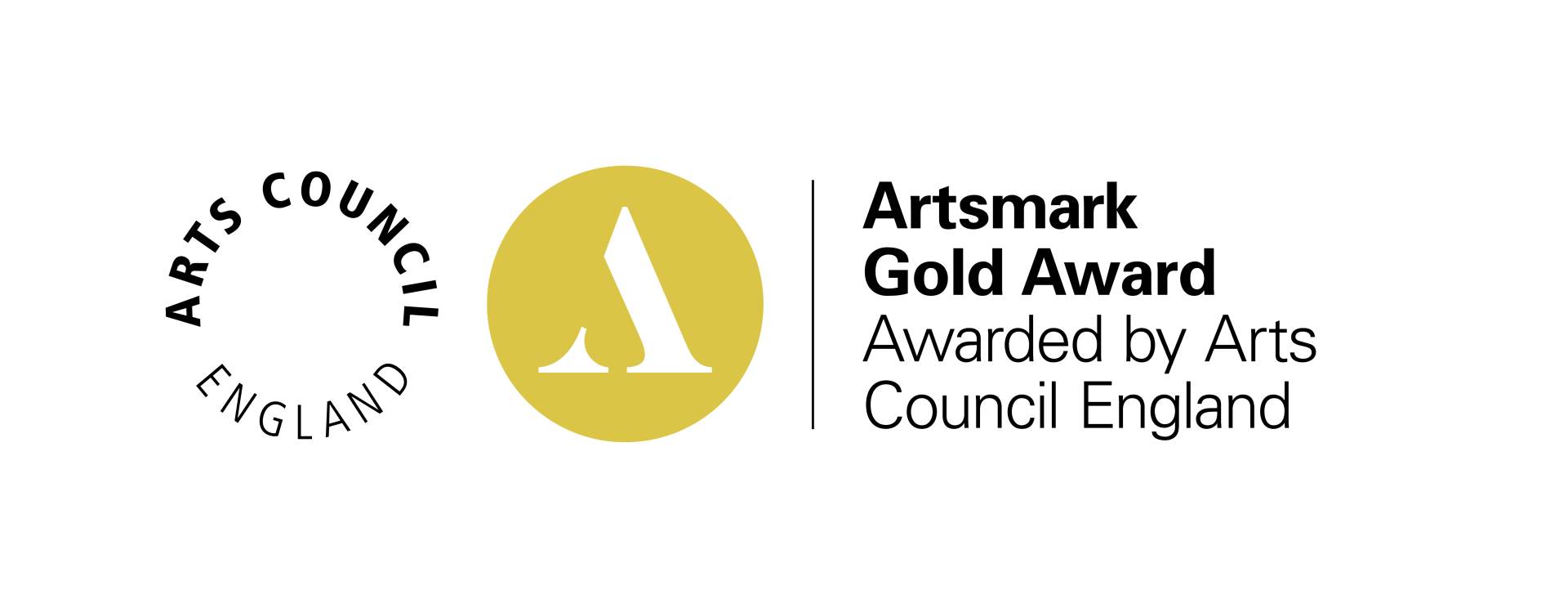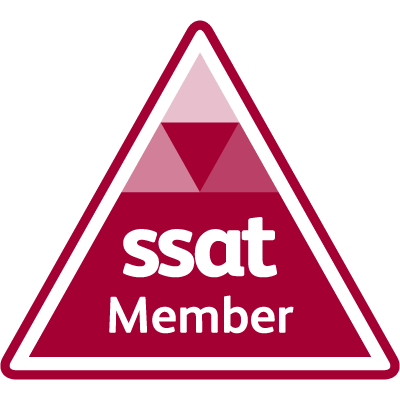{SECTION_MENU}
Art & Design: Photography (A Level)
|
Course Specification |
|
|
Subject Specific Entry Requirements |
Grade 5 in Art; Grade 5 in English Language. |
|
Costs Associated with this Course |
For the Photography course a camera would be useful - though not essential as the department is able to lend out cameras if required. |
Is this the right course for me?
Work produced on the Photography course will demonstrate the use of creative skills to develop individual thoughts, feelings, observations and ideas. Students will be extending their own and others’ ways of seeing the world. Students will learn traditional skills but they will also combine this with the use of alternative and digital media.
They will develop:
- Intellectual, imaginative, creative and intuitive powers
- Investigative, analytical, experimental, practical, technical, and expressive skills, aesthetic understanding and critical judgement
- An understanding of the inter-relationships between Photography, film, animation, craft and design and an awareness of the contexts in which they operate
- Knowledge and understanding of Photography in contemporary society and in other times and cultures
Qualification structure/details of assessment
During Year 12 students will develop a portfolio of work. The emphasis of this year will be on the development of understanding and skills using an appropriate range of materials, processes and techniques. Students should also present at least one extended collection of work or project, based on an idea, concept, theme or issue. This should demonstrate the student’s ability to sustain work from an initial starting point to a realisation.
Towards the end of Year 12 students begin Component 1— here students develop work for a personal investigation into an idea, issue, concept or theme of their choice supported by written material. This will count for 60% of your total A-level marks. Component 2 starts in Term two of Year 13 and is an externally set assignment by AQA for which you will be expected to undertake initial research, investigation, experimentation and refinement working toward a 15-hour period of supervised time in which you will work under exam conditions. The externally set assignment counts for 40% of your total A-level marks.
How will this course support my future plans?
There are a number of highly successful careers which an A Level in Photography course can move you towards. This subject is suitable for anyone wanting to pursue creativity in any career form. For example this subject opens opportunities for careers such as Photographer, Illustrator, Fashion Designer, Magazine Editor, Graphic Designer, Architect, Film maker, Interior Designer, Jewellery maker, Painter, Games and Web Designer. The possible jobs which a person could pursue from this subject are limitless and if chosen you would be working within an industry which contributes 126 billion pounds a year to the UK economy.




 Safeguarding
Information
Safeguarding
Information Arbor
Arbor
